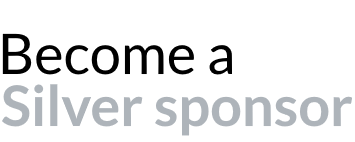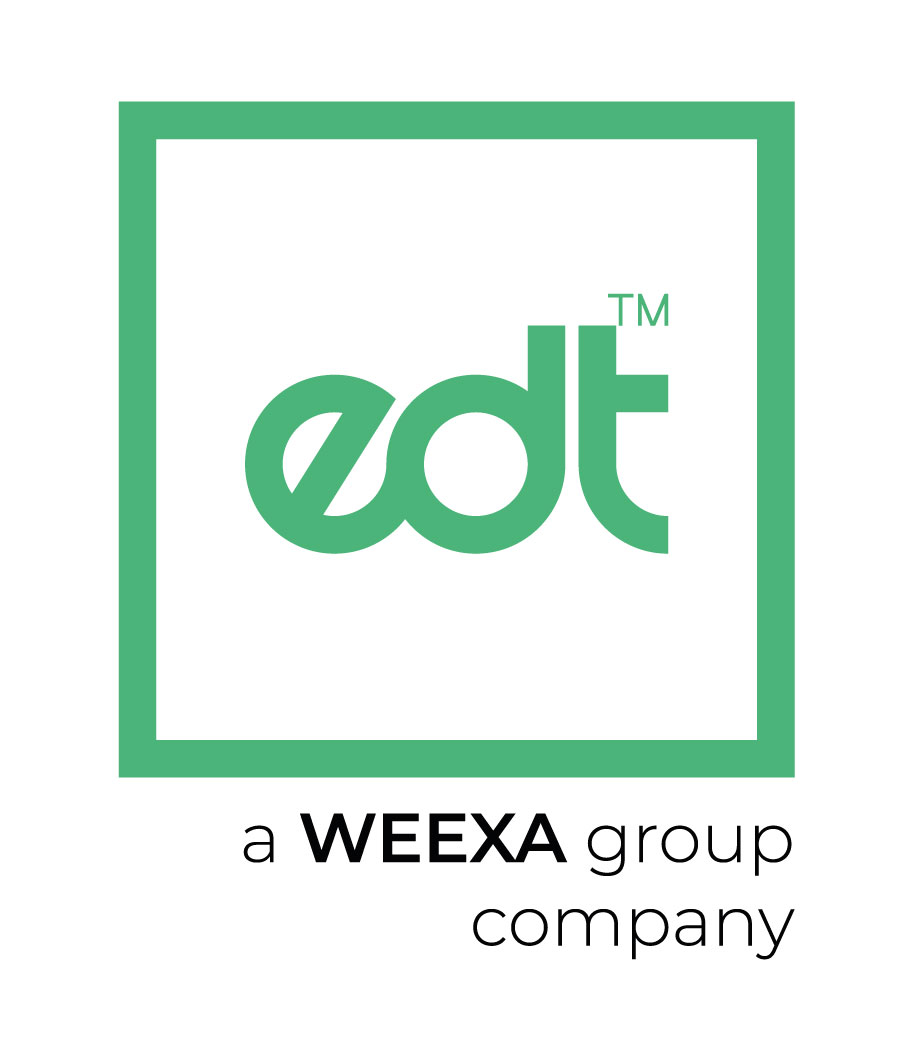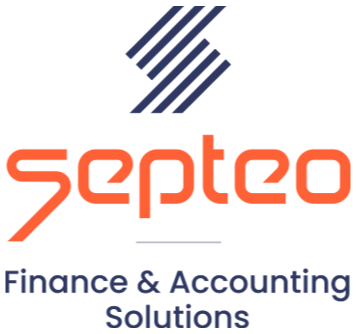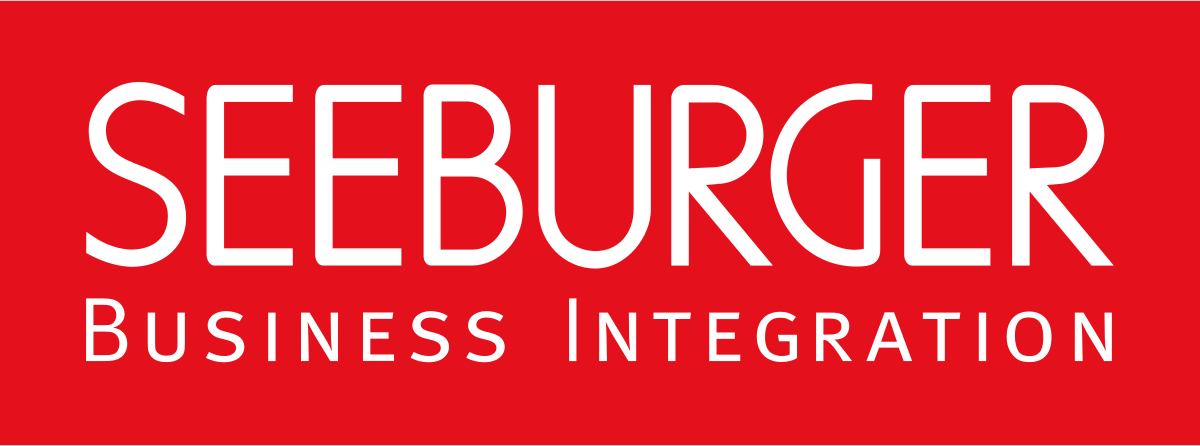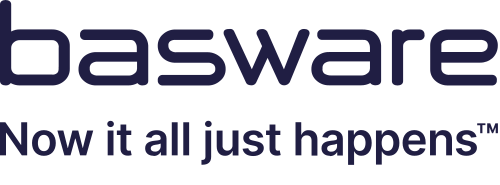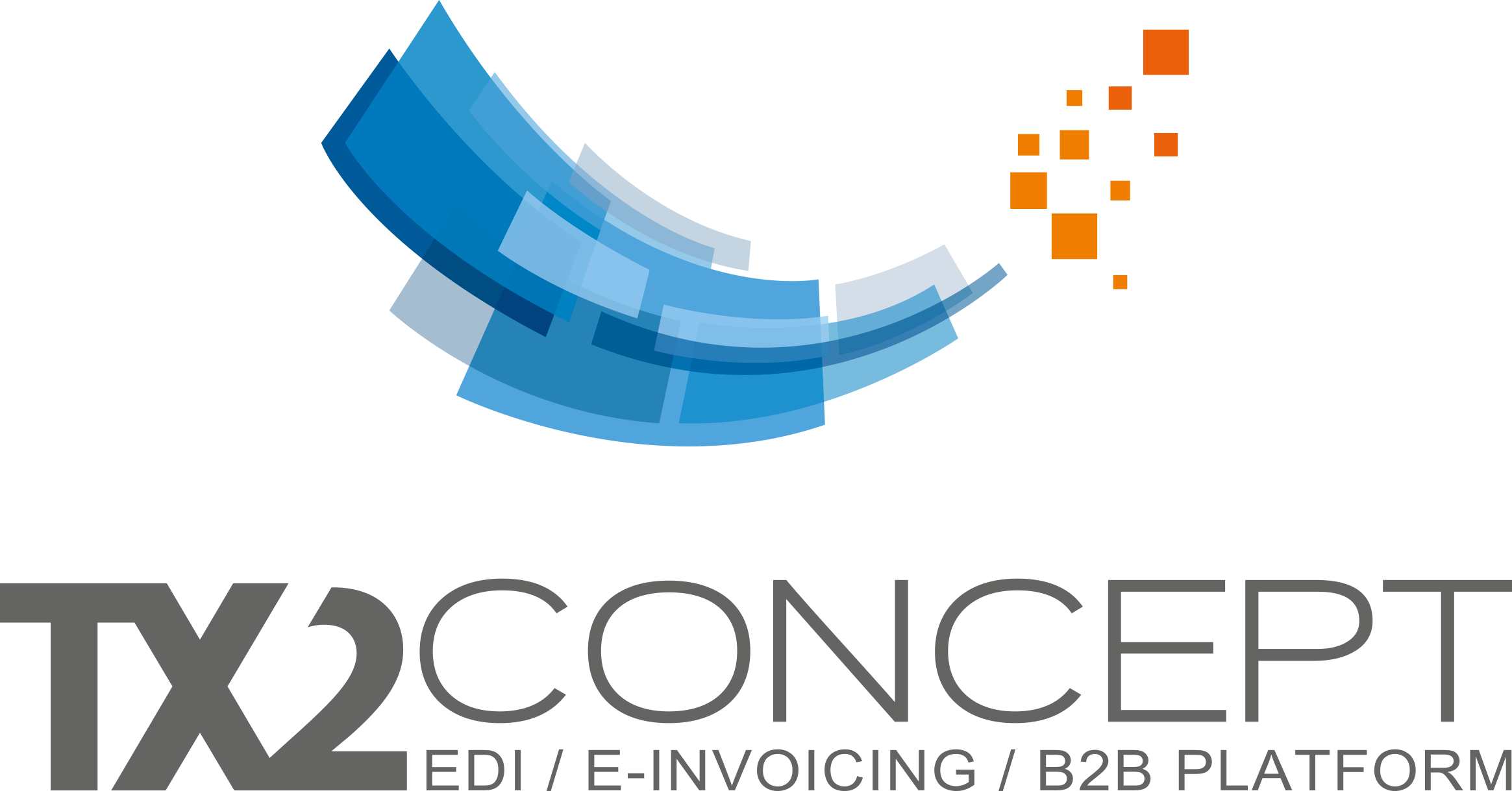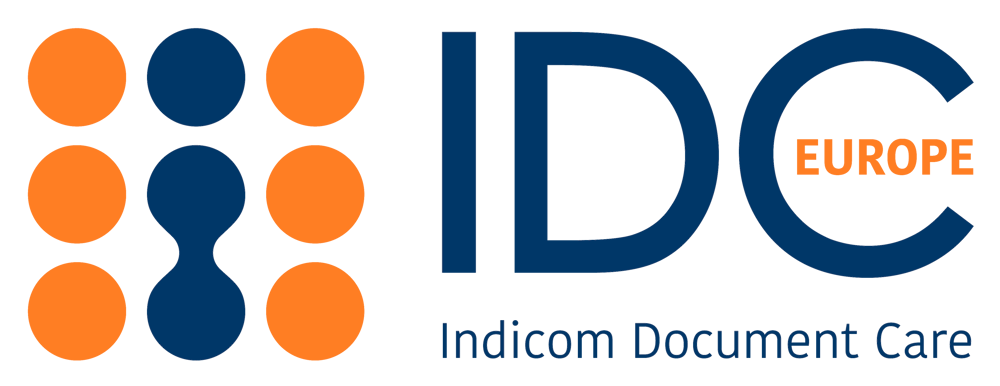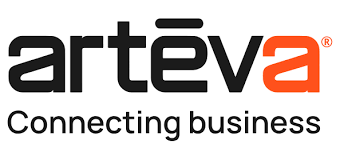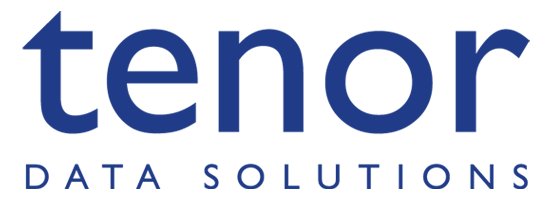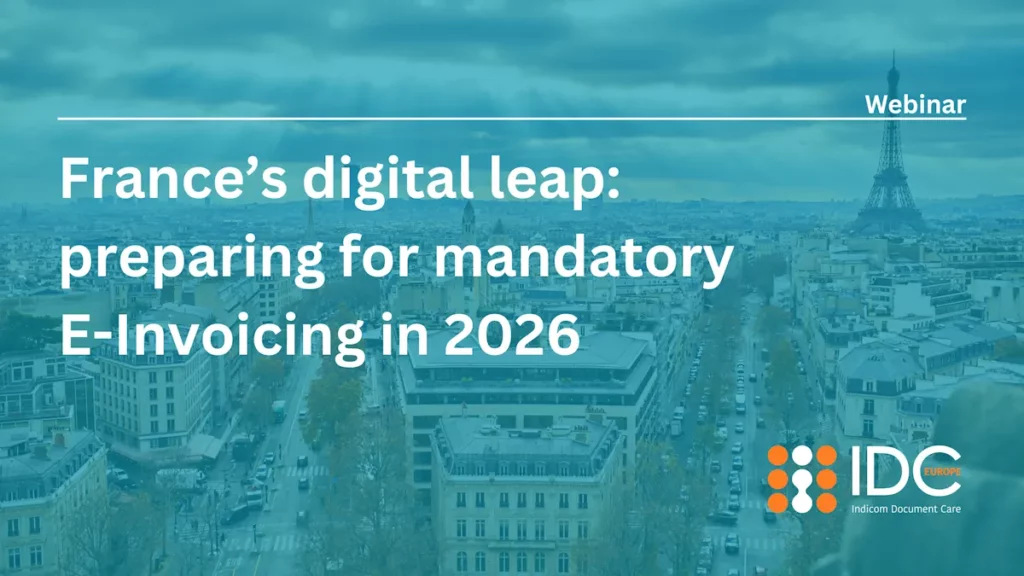The French tax authority (DGFiP) has been developing its central platform since 2021, in preparation for an e-invoicing mandate initially scheduled for 2024.
However, this deadline has since been pushed to the following dates:
- September 1, 2026: medium and large companies must send e-invoices, and all companies must be able to receive them.
- September 1, 2027: all companies must both send and receive e-invoices.
The announcement of a reduced scope for the PPF marks yet another concession by the French government, amidst a challenging political climate and a severe economic crisis.
The new, limited role of the PPF
The upcoming e-invoicing mandate was initially designed to rely on a public central platform, the PPF (Portail Public de Facturation), alongside certified private service provider platforms, the PDPs (Partner Dematerialization Platforms). Together, they were set to handle the processing and delivery of invoices for all companies across the country.
However, in the announcement made by the DGFiP on October 15, the PPF’s role has been significantly reduced. Instead of managing invoicing, the PPF will now focus solely on operating the central directory of companies, which the sending party will use to identify the receiving party’s PDP and other addressing information. Additionally, the PPF will collect tax data extracted from the invoices by the PDPs, effectively functioning as the regulatory “5th corner”.
Selecting a PDP becomes mandatory
Previously, companies could choose between using a PDP or the PPF for invoice processing and delivery. Now, with the PPF’s reduced scope, companies are required to select a PDP, which will likely involve paid services, whereas the PPF was expected to be a free option.
There is also a third group of actors, the ODs (Dematerialization Operators), that does not aim to operate their own certified platforms but instead to connect to a PDP or the PPF. With the PPF no longer available as a free alternative, this change may disrupt or jeopardize their business strategies.
While medium and large companies, which were likely to rely on a PDP regardless, may not be significantly affected, the new requirements could severely impact small businesses and self-employed entrepreneurs. These very small companies, together representing over 6 million French VAT subjects, may lose the option to manage invoicing manually and for free unless a PDP or OD steps in to offer a cost-effective solution.
For more details on the French e-invoicing mandate, check out our France country profile.




